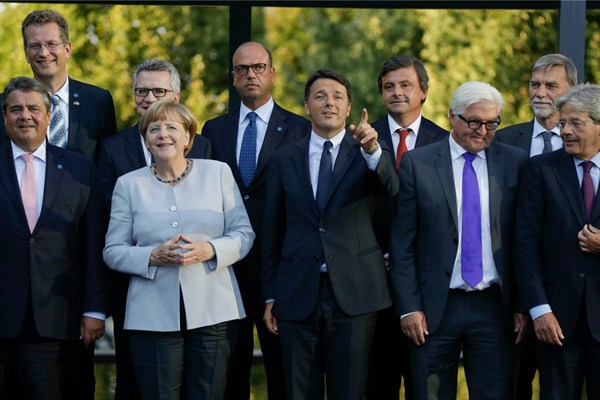On Dec. 4, Italians will head to the polls to vote on a series of changes to the country’s institutional framework, specifically the Senate, the upper house of the Italian Parliament. On paper, it is a referendum on amending the constitution. But there is far more than that at stake, for Italy and the European Union.
The Italian government of Prime Minister Mateo Renzi took office in 2014, tasked with reviving a stagnant economy and streamlining Italy’s bureaucracy. Renzi promised much-needed reforms aimed at making Italy a more governable country by substantially reducing the scope and power of the Senate in favor of empowering the lower house, the Chamber of Deputies. The Senate would be transformed into a “Senate of Regions” with 100 senators—mainly regional councilors and mayors—while large amounts of power would be taken away from Italy’s regions and centralized in Rome.
Renzi has promoted the reforms as a way to simplify and improve Italy’s governance, eliminating a major source of political gridlock. If given the green light, it would mark a significant breakthrough for a country that has endured two decades of sclerotic politics and has had 63 governments since the end of the Italian monarchy in 1946. But it is increasingly far from certain that the referendum, which Renzi has staked his premiership on, will pass. Not long ago, victory seemed assured. But a growing number of opinion polls now put the “no” camp steadily ahead. How did this happen?

